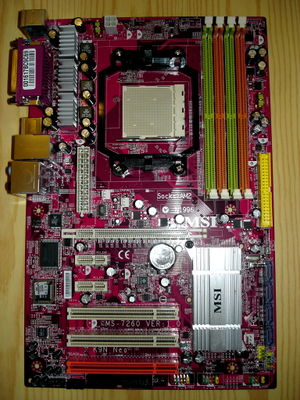Welcome to coreboot: Difference between revisions
Jump to navigation
Jump to search
(BCOM WinNET100 (IGEL-316) now supported.) |
(AXUS TC320 support.) |
||
| Line 96: | Line 96: | ||
'''<span style="font-variant:small-caps;">[[News]]</span>'''<hr /> | '''<span style="font-variant:small-caps;">[[News]]</span>'''<hr /> | ||
<small> | <small> | ||
* '''2007/10/26:''' [[News#2007.2F10.2F26_AXUS_TC320_now_supported|AXUS TC320 support]] | |||
* '''2007/10/10:''' [[News#2007.2F10.2F10_BCOM_WinNET100_.28IGEL-316.29_now_supported|BCOM WinNET100 support]] | * '''2007/10/10:''' [[News#2007.2F10.2F10_BCOM_WinNET100_.28IGEL-316.29_now_supported|BCOM WinNET100 support]] | ||
* '''2007/09/22:''' [[News#2007.2F09.2F22_MSI_MS-7260_now_supported|MSI MS-7260 support]] | * '''2007/09/22:''' [[News#2007.2F09.2F22_MSI_MS-7260_now_supported|MSI MS-7260 support]] | ||
| Line 102: | Line 103: | ||
* '''2007/06/14:''' [[News#2007.2F06.2F14_Intel_810_chipset_and_ASUS_MEW-VM_now_supported|Intel 810 & ASUS MEW-VM support]] | * '''2007/06/14:''' [[News#2007.2F06.2F14_Intel_810_chipset_and_ASUS_MEW-VM_now_supported|Intel 810 & ASUS MEW-VM support]] | ||
* '''2007/06/13:''' [[News#2007.2F06.2F13_AMD_DB800_.28Salsa.29_now_supported|AMD DB800 support]] | * '''2007/06/13:''' [[News#2007.2F06.2F13_AMD_DB800_.28Salsa.29_now_supported|AMD DB800 support]] | ||
</small> | </small> | ||
Revision as of 13:39, 27 October 2007
|
LinuxBIOS is a Free Software project aimed at replacing the proprietary BIOS (firmware) you can find in most of today's computers. It performs just a little bit of hardware initialization and then executes a so-called payload, for example a Linux kernel, FILO, GRUB2, OpenBIOS, Open Firmware, SmartFirmware, GNUFI (UEFI), Etherboot, ADLO (for booting Windows and OpenBSD), Plan 9, or memtest86.
|

Contact
|





